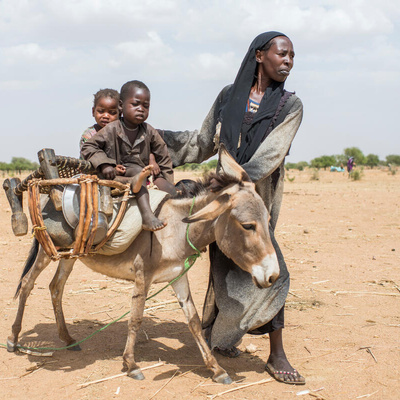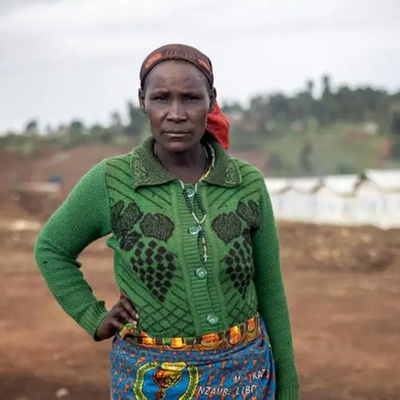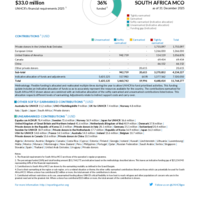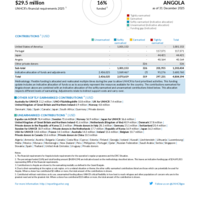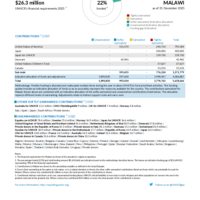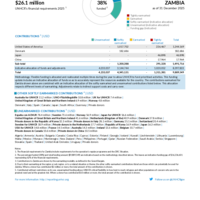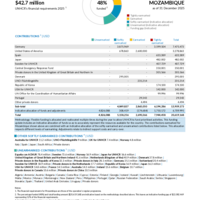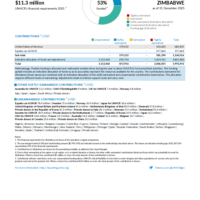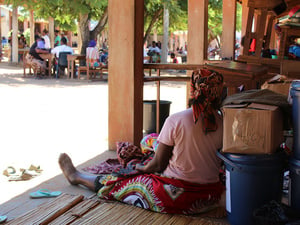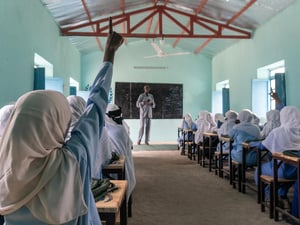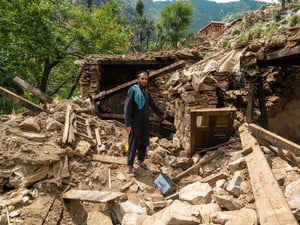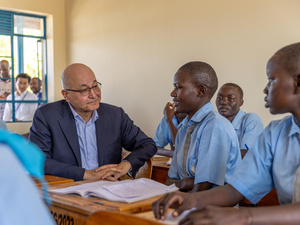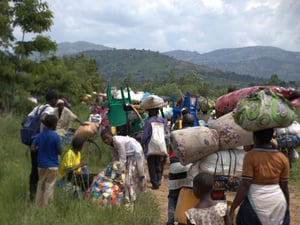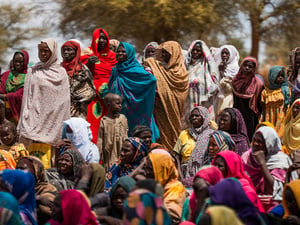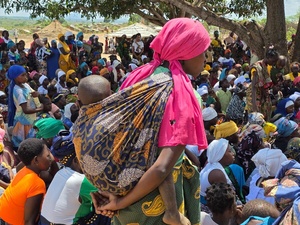Eastern and Southern Africa
Eastern and Southern Africa
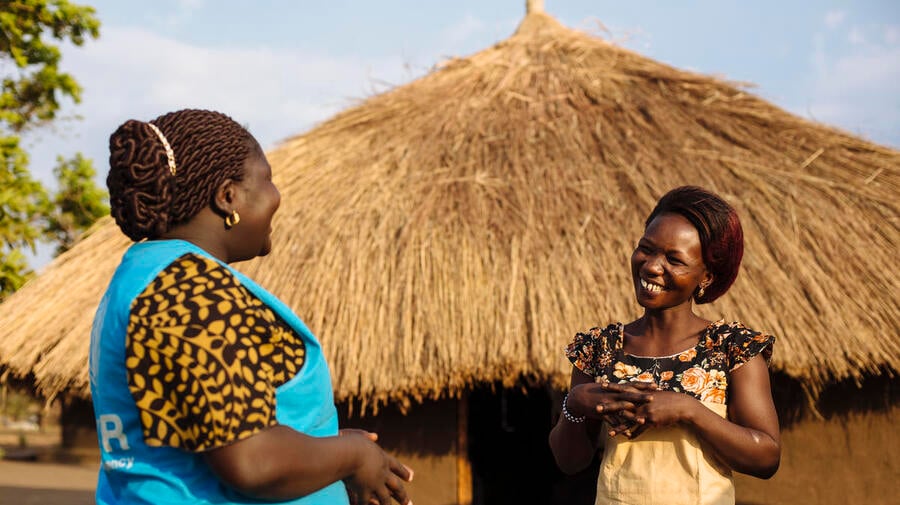
Regional overview
By September 2025, Eastern and Southern Africa hosted 25.1 million forcibly displaced people, including 6.3 million refugees and asylum-seekers and 18.1 million internally displaced persons. This staggering figure reflects the scale and complexity of displacement in the region, driven by protracted conflicts in Sudan, South Sudan, the Democratic Republic of the Congo, and Mozambique, as well as climate-induced disasters such as droughts, floods, and cyclones. These crises have uprooted millions, strained host communities and national systems, deepened vulnerabilities, and in some cases triggered secondary displacement.
Across the region, UNHCR works to ensure that the displaced have access to services such as education and health care. We also safeguard access to protection and asylum, respond with life-saving assistance and work to reduce and prevent statelessness.
Ongoing emergencies in Eastern and Southern Africa
Text and media 6
Sudan emergency
Deadly conflict in Sudan has forced nearly 13 million people to flee their homes. As the violence continues to escalate, people are desperately seeking safety and protection, both inside Sudan and in bordering countries.
Text and media 6
DR Congo emergency
Due to continuing insecurity and an alarming resurgence of violence generated by non-state armed groups in the past three years, nearly 7 million people are internally displaced across the eastern provinces of DR Congo.
UNHCR's work in the region
UNHCR’s 2026 strategy for Eastern and Southern Africa focuses on collaboration, innovation, and inclusion, embedding solutions from the start and addressing mixed movements through a route-based approach. This shift moves beyond traditional humanitarian aid, promoting resilience, self-reliance, and sustainable recovery for displaced populations and host communities. Initiatives such as Ethiopia’s Makatet Roadmap, which integrates refugees into national education, health, and livelihood systems, and Kenya’s Shirika Plan, which transitions camps into municipalities, exemplify this transformative approach. Progress in digital identity systems in Ethiopia and policy reforms in Zambia, Botswana, and Malawi further advance inclusion, though gaps in registration and documentation remain.
Central to the strategy is refugee participation in decision-making, with expanded support for refugee-led organizations and gender-responsive, youth-inclusive programming. Initiatives like Rwanda’s Jya Mbere II program promote economic empowerment and skills development. UNHCR will also deepen collaboration to advance peacebuilding and stabilization in conflict-affected countries such as Sudan, South Sudan, Somalia, Mozambique, and the DRC.

